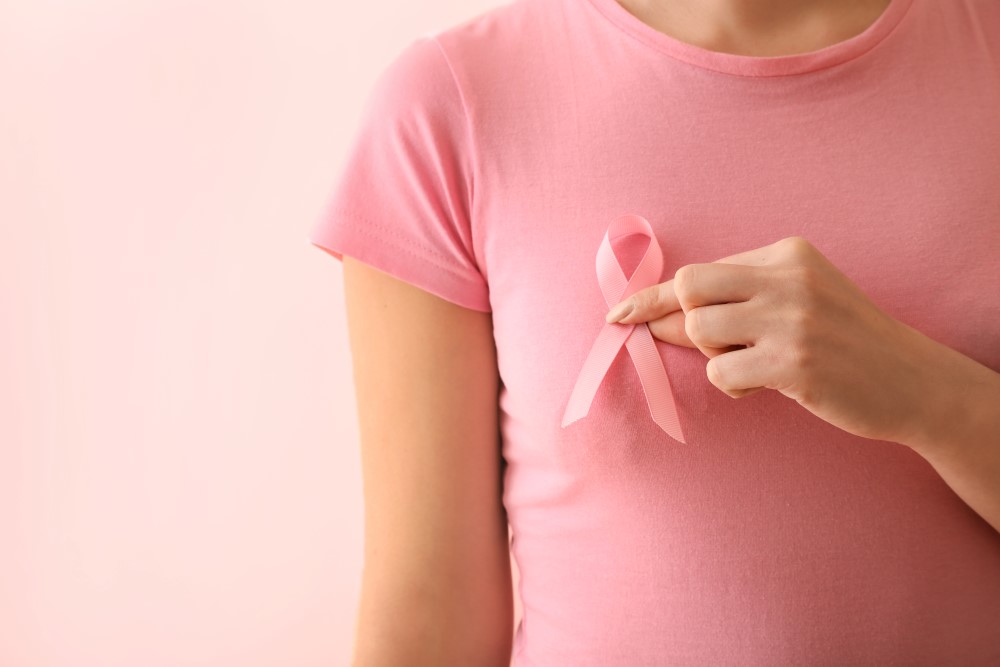Can PRP Offer Lasting Relief for Vaginal Dryness in Breast Cancer Survivors?

Any kind of cancer is a scary thing to be faced with. Breast cancer is one of the most prevalent cancers among women, and because of this, many women are afraid of getting the disease, especially if there is a history of it in the family. While the recovery and survival rates have continued to increase over the years thanks to innovative treatments that are more effective than ever, there are still many side effects that women have to deal with after going into remission. One such side effect is vaginal dryness, which is also a common concern with menopause. However, since many women who have beaten breast cancer are unable to get hormone replacement therapy, a search for another option has been underway – with a promising treatment in the form of platelet-rich plasma therapy. Platelet-rich plasma therapy, or PRP Therapy, has been used for various treatments, from hair loss to fine lines and wrinkles.
Understanding Vaginal Dryness in Breast Cancer Survivors
Breast cancer treatments can drastically affect a woman’s hormonal balance. Chemotherapy and radiation can cause premature ovarian failure, leading to a drop in estrogen production. Additionally, hormone therapies such as tamoxifen and aromatase inhibitors, which are commonly used to prevent cancer recurrence, can further suppress estrogen levels. Estrogen is crucial for maintaining healthy vaginal tissues, and its deficiency can lead to atrophy, dryness, irritation, and pain during intercourse.
Traditional Treatments and Their Limitations
Traditional treatments for vaginal dryness typically involve topical estrogen therapies, vaginal moisturizers, and lubricants. However, for breast cancer survivors, especially those with hormone-sensitive cancers, systemic hormone replacement therapy (HRT) is usually avoided due to the risk of cancer recurrence. Non-hormonal treatments, while helpful, often provide only temporary relief and require frequent reapplication. This has led researchers and healthcare providers to seek alternative treatments that can offer more lasting relief.
PRP Therapy and How It Works
Platelet-rich plasma (PRP) therapy involves extracting a small amount of the patient’s blood, processing it to concentrate the platelets, and then injecting it into the body. Platelets are rich in certain growth factors, which are known to promote tissue regeneration and healing. PRP has been used successfully in various medical fields, including orthopedics, dermatology, and dentistry, for its unique ability to encourage tissue repair and reduce inflammation.
PRP for Vaginal Dryness
PRP therapy for vaginal dryness is a relatively new way to use this therapy, but it certainly shows promise. The procedure involves injecting PRP directly into the vaginal walls and the surrounding tissues. The growth factors in PRP can stimulate the regeneration of the vaginal mucosa, improve blood flow, and enhance the production of natural lubrication.
Advantages of PRP Therapy for Vaginal Dryness
- Non-Hormonal Form of Treatment: PRP offers a non-hormonal alternative, making it a safer option for breast cancer survivors.
- Natural and Low Risk of Allergic Reactions: Since PRP is derived from the patient’s own blood, the risk of allergic reactions or adverse effects is minimized. This makes it a good choice for those whose immune systems may have been compromised.
- Minimal Downtime: PRP therapy is minimally invasive and typically involves a short recovery period, allowing patients to return to their daily activities quickly.
- Potential Long-Term Relief: Unlike topical treatments that require constant reapplication, PRP may offer more lasting relief by promoting tissue regeneration. This means that patients will require fewer treatments to keep seeing results. This means that, unlike topical treatments, your body will be working to restore vaginal lubrication on its own.
Side Effects and Risks
While PRP therapy is regarded as safe, it is not without potential risks. As with any injection-based procedure, there is a risk of infection, bleeding, and pain at the injection site. Patients must also seek treatment from a qualified healthcare provider with experience in PRP therapy to minimize risks and ensure the best possible outcomes.
Are you interested in learning more about PRP therapy, including how it can help treat vaginal dryness among breast cancer survivors? Call the office of Dr. Ghozland today at 310-393-9359 and we will be happy to answer any questions you may have or get you scheduled for an appointment.
